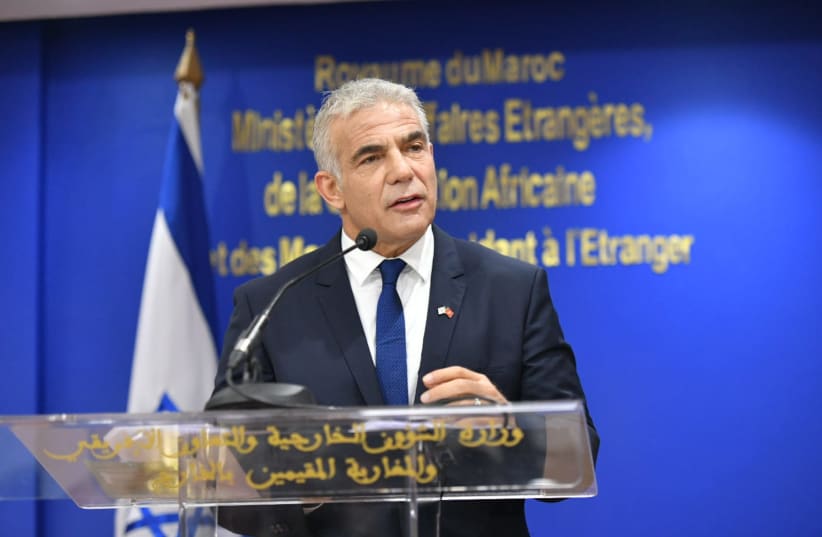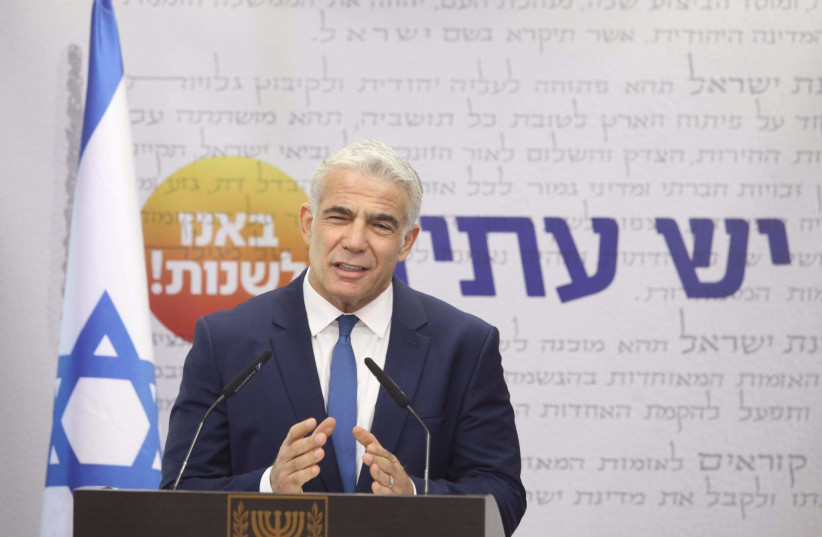Israeli Foreign Office veterans tell the story that when Golda Meir was asked to discuss hasbara, as public diplomacy was then called, her answer was: “Why? Everyone knows that Israel is right.” And this was the prevailing opinion of Israelis at the time, with most of enlightened public opinion in the West regarding the Zionist enterprise and the establishment of the State of Israel after the Holocaust as an act of historic justice and a victory of the human spirit over almost impossible odds.
“Conquering the desert,” “ingathering of the exiles,” and “building up the land” weren’t just slogans, but actual truths. Even Israel’s victory in the Six Day War was seen by many – and not just in Israel – as a proof of Israel’s righteousness.
Since then, however, some of those attitudes have become more “flexible” and changed color as a result of political, economic, and other interests around the world. Attitudes toward Israel have also become part of an ideological zealotry in which overt or covert antisemitism plays a significant part.
“Post-Zionist” – in effect anti-Zionist – groups in Israel have added fuel to the fire. One of the stratagems is disingenuously identifying the lot of the Palestinians with the history of black slaves in the United States. The very definition of historical justice, which Meir was convinced that everyone would recognize, has often been put on its head in order to be used against Israel.
The debate about Israel’s public diplomacy has been going on for a long time, Golda notwithstanding, and is often characterized by a lack of understanding and ignorance. It cannot exist in isolation or as a separate effort but must always be an adjunct to overall policy, so that when a government, like in the present case, because of its fragmentary make-up has by its own admission no clear policy on the main political issues facing Israel, public policy is a non-starter.
Most ministers in the current government are aware of this, but in order to disguise it they resort to shallow excuses, like the recent statement by Foreign Minister Yair Lapid that Israel’s former government was to blame for the rising tide of antisemitism and anti-Israelism in the world.
What Lapid said was not only foolish and unconvincing – given that one of the leaders of the anti-Israel campaign in the US Congress, Ilhan Omar, had made it clear that her negative stance was aimed at the State of Israel itself and not at a specific government – but also damaging to Israel’s public diplomacy.
Much is being written and said these days about the imperative to re-establish US bipartisanship toward Israel. This is certainly correct, but the shoe is also on the other foot. The Obama administration from day one, including at the first meeting between the president and prime minister Benjamin Netanyahu, adopted a confrontational stance, ignoring Israel’s concerns and positions regarding Iran and the Palestinian issue (though not going back on security-related issues).
The four-year Trump administration, in sharp contrast, was mostly a period of strategic harmony between Israel and the US, including the important role played by the administration in promoting Netanyahu’s strategy of rapprochement with the Arab world, culminating in the Abraham Accords.
But now it is a new ballgame. While the Biden administration’s basic positive vibes relating to Israel are an important fact, the present left-leaning tendencies within parts of the progressive camp in the Democratic party, and the far-out left squad, nourish and exacerbate anti-Israel attitudes, often tinged with antisemitism.
There are some encouraging signs that this may change: in two recent elections, radical candidates were defeated by voters who were fed up with their party’s morphing to the extreme left. But the real test will come in the mid-term election of 2022.
Israel has never really made up its mind as to how it should conduct its PR activities, and who should be in charge. Personal, political and coalitionary decisions have often taken precedence over practical considerations. Logically, the Foreign Ministry should play the leading role, and parceling out the hasbara effort among different ministries has not led to good results.
There is, however, a caveat in this respect. Only if the Foreign Ministry is headed by a person who plays a leading role in determining Israel’s foreign policy, such as Moshe Dayan or Shimon Peres in the past, will the ministry be able to fulfill its task, for otherwise both the minister and his staff are bench-players.
In any case, with regard to the US, the prime minister’s role is critical, for better or for worse. All things considered, the people on the spot – Israel’s ambassadors – are at the forefront of Israel’s PR activities, especially in the US where the manifold media is open to them, provided they are adept at using it. This requires the government to carefully consider these aspects when making diplomatic appointments.
The IDF spokesman also plays an important role in public policy, and the department has been mostly successful including in Operation Guardian of the Walls in May. But it operates under certain constrains due to its military character, which requires it to give priority to operational and other military considerations. In the past there existed a planning think tank at the IDF Spokesman’s side, and it may be worthwhile to consider recreating it.
Referring especially to the US, the current situation is particularly acute, not only because of the Iranian nuclear issue of which Jerusalem and Washington disagree and may even have to go their separate ways, but also in respect to other matters, i.e. conflicting currents in the Jewish community as well as the demographic changes in the US.
Also, confronting voices in the Jewish community critical of Israel and what it stands for, like the antagonistic attitude of the journalist Peter Beinart or organizations like J Street, must be part of the new ambassador’s urgent agenda. In this respect, Diaspora Affairs Minister Nachman Shai could also make an important contribution.
In the US there were, and certainly still are, many Jewish professionals in various aspects of public relations, public opinion surveys, and media in general whose expertise can be harnessed on Israel’s behalf, in addition to the American Israel Public Affairs Committee (AIPAC).
Just as, to quote Tip O’Neill’s famous phrase “all politics is local,” so too is public diplomacy. Not to mean that democratic governments should engage in internal propaganda, but in the sense that a country’s public face is inseparably affected by domestic realities, good and bad alike.
Ben-Gurion’s often-quoted dictum, “what is important is what the Jews do, and not what others say,” is often interpreted to mean that one can disregard external opinion. But a more cogent meaning would be that public opinion toward Israel is shaped, among other things, by its own actions.
Over the last several years, Israel has garnered a great deal of prestige and weight on the world stage. To preserve or even to enhance this will be one of the important challenges of the present government. But will it be able to live up to it?

